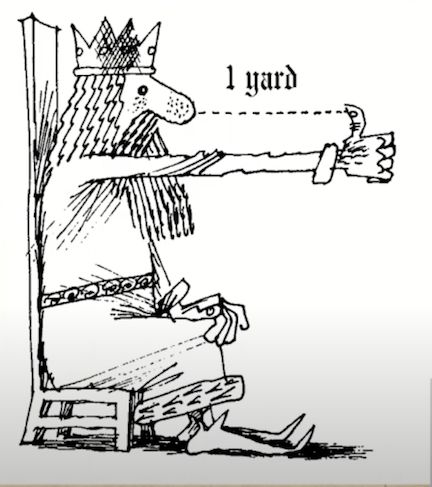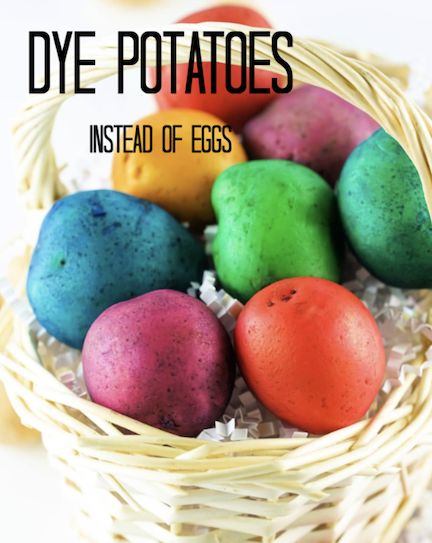It Isn't Nonsense
Definition Fish Story:
An exaggerated story : a story that is so strange or surprising that it seems very unlikely to be true. He told a ridiculous fish story about a swarm of giant mosquitoes.
Well, I've got quite a Fish Story for you! A true Fish Story.
A child of an aqcaintance, a kindergartener, is given to telling tall tales. Recently, he told a story to his classmates about catching 100 catfish in his back yard, some of them with his own bare hands. When his teacher questioned him about it, he insisted it was all true.

So the teacher decided to take it up with his mother, expecting her to refute the story. Instead, the mom said it was a crazy, true thing, and even had some pictures with him holding a catfish in his hands and grinning from ear to ear.
Apparently, where they live there are two ponds on a hill just behind their property, one situated just above the other. Recently, after some extreme rainfalll, the upper pond overflowed its banks, spilling over and downhill to the second, already swollen pond, which in turn then overflowed into their back yard, turning the entire yard into a two to three inch deep mud puddle full of catfish. Okay, so mayber there weren't a hundred fish flapping about in the yard, but there were many, MANY fish there -- enough that, to a young child, would appear to be a hundred.
To the ears of the teacher, who did not with her own eyes witness the event, his story sounded like nonsense.
Surely, as the women returned from the tomb that first Easter morning, proclaiming the news of the resurrected Lord, their claims were met with incredulity -- a mere Fish Story -- baseless fantasy. As the definition goes, to the recipients of the news, it was nothing more than "an exaggerated story : a story that is so strange or surprising that it seems very unlikely to be true."
Luke 24 (NIV):
On the first day of the week, very early in the morning, the women took the spices they had prepared and went to the tomb. 2 They found the stone rolled away from the tomb, 3 but when they entered, they did not find the body of the Lord Jesus. 4 While they were wondering about this, suddenly two men in clothes that gleamed like lightning stood beside them. 5 In their fright the women bowed down with their faces to the ground, but the men said to them, “Why do you look for the living among the dead? 6 He is not here; he has risen! Remember how he told you, while he was still with you in Galilee: 7 ‘The Son of Man must be delivered over to the hands of sinners, be crucified and on the third day be raised again.’ ” 8 Then they remembered his words.
9 When they came back from the tomb, they told all these things to the Eleven and to all the others. 10 It was Mary Magdalene, Joanna, Mary the mother of James, and the others with them who told this to the apostles. 11 But they did not believe the women, because their words seemed to them like nonsense.
Oh, but it WAS true! And anyone with enough curiosity, who cared to know its veracity, could check it out and see for themselves. Such was the case with Peter,
Peter, however, got up and ran to the tomb. Bending over, he saw the strips of linen lying by themselves, and he went away, wondering to himself what had happened.
In a world of skeptics, be a Peter. Run to the tomb to see for yourself!
Jesus Our Standard
In the sixth century, most of the world lacked a reliable standard of measurement. Townships in Germany, for example, were advised to take the average length of the left foot of sixteen men to determine a “foot.”
The thirty-six inch “yard” comes down to us from King Henry I of England. The king established a yard to be the length from the tip of his nose to the end of his right arm, and decreed it would be the universal standard by which everything else in the kingdom would be measured.

This decree of standardization effectually transformed every act of measurement in the kingdom into an acknowledgment of his reign.
We acknowledge the reign of Jesus as King every time we allow him to be the standard by which we measure what is good and right and true.
"Do not be conformed to this world, but be transformed by the renewal of your mind, that by testing you may discern what is the will of God, what is good and acceptable and perfect" (Romans 12:2, ESV).
"Let God be true, and every human being a liar. As it is written: “So that you may be proved right when you speak and prevail when you judge" (Romans 3:4, NIV).
A Gentler Kinder Easter
The Hill reports PETA President, Ingrid Newkirk, in a letter to the White House, requests they make some significant changes to their annual Easter Egg Roll, scheduled for April 1, 2024, on the White House lawn.
People for the Ethical Treatment of Animals (PETA) is calling on the White House to roll a different way this spring — swapping chicken eggs for potatoes at the annual Easter Egg Roll. ...
“Potatoes are the most popular vegetable in the country and can be safely dyed, allowing for spudtacular traditional activities, such as rolling them, seeking for them, and decorating them. You could even hold potato sack races and games of hot potato!” the letter to the first lady said.
Newkirk urged Biden to “leave a legacy of kindness” by starting a new potato-filled tradition at the White House.

Whether you think Easter Egg hunts are fabulous or frivilous, it's far more than some of the traditional Easter trappings which the world is calling us to revamp and rethink lately.
Churches across America (and across the globe) are being called to present a kinder, gentler version of the Gospel itself. In the name of leaving a "legacy of kindness," the world would have us to water down the truth and the power of the Gospel message.
Indeed, the offer of salvation is for ALL, regardless of our past or current sins or lifestyles. Yet it is a "Come as you are!" message, not a "Come as you; stay as you are!" message. That said, God calls us to repentence and newness of life.
Affirming unbelievers in their sin is neither kinder nor gentler. Affirming unbelievers in their need for a savior is both and more!
Don't settle for a counterfeit gospel which amounts to nothing more than a basket of colored potatoes. Celebrate new life in Christ this Easter, in all its redemptive glory!
"Repent therefore, and turn back, that your sins may be blotted out ..." (Acts 3:19, ESV).
"The Lord is not slow to fulfill his promise as some count slowness, but is patient toward you, not wishing that any should perish, but that all should reach repentance" (2 Peter 3:9, ESV).